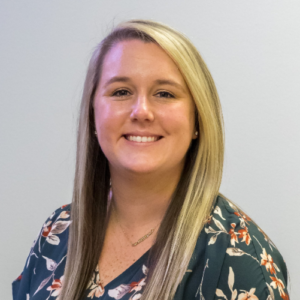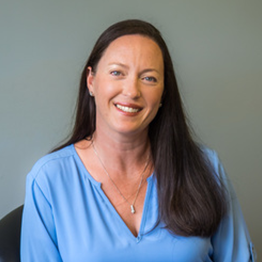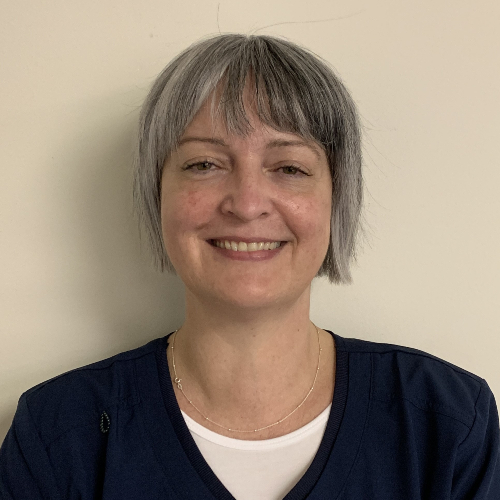Cancer is a word no one wants to hear, but early detection can make a huge difference. According to the National Cancer Institute, in 2024 alone more than 2 million people were diagnosed with cancer. While this sounds like a scary statistic, it is important to note that regular screenings are a powerful way to catch cancer in its early stages when it’s most treatable. By understanding which screenings are needed at different ages, you can take charge of your health and reduce your risk.
At Innova Primary Care, we are here to help you stay on top of your screenings based on your age and risk factors. One of the primary reasons we stress the importance of annual wellness visits is so that we can stay on top of your medical history and assess how cancer may play a role in your family history. When you partner with us to take charge of your health, we can help discern the best course of action regarding your particular cancer risks. Read on for more information on why early detection and prevention is vital for your health and well-being.
Why Cancer Screenings Matter
Cancer screenings help find cancer before symptoms develop. Some cancers have virtually no symptoms even in to end stage which means it is vital that you stay on top of your screenings in order to catch anything that may arise. Early detection can make treatments more effective and increase the chances of survival. Many cancers are easier to treat in their early stages, and some screenings can even prevent cancer by detecting and removing abnormal cells before they become cancerous.
The Benefits of Early Detection
Early detection offers several advantages:
- Improved Survival Rates: Cancers caught early are often easier to treat and have higher survival rates. For instance, the 5-year survival rate for breast cancer detected early is about 99% compared to 29% if caught at a later stage.
- Less Invasive Treatments: Early-stage cancers can often be treated with less aggressive methods, which can mean fewer side effects and a faster recovery.
- Better Quality of Life: Detecting cancer early can help preserve organ function and reduce the need for extensive surgeries or treatments.
- Reduced Costs: Treating cancer in early stages can be less expensive compared to later stages. Early intervention can help patients avoid costly treatments required for advanced cancers.
- Peace of Mind: Regular screenings can provide reassurance and help catch changes before they become serious.
Early detection can make the difference between a quick, effective treatment and a long, challenging battle. That’s why regular screenings are so crucial.
CDC-Recommended Screenings by Age and Risk
The Centers for Disease Control and Prevention (CDC) provides evidence-based recommendations for cancer screenings based on age and risk factors:
In Your 20s and 30s
During your 20s and 30s, cancer screenings are often focused on prevention and monitoring for early signs of certain cancers.
- Breast Cancer: According to the CDC, women should be aware of breast cancer risk in their 20s and 30s. Clinical breast exams every 1-3 years are recommended, and women at high risk may need additional screenings. We cannot stress the importance of monthly self-breast exams enough. Monthly look for any changes in the way your breast look, paying close attention to how they look, feel, and their color. Check for any visual changes as well as any soreness or differences in your nipples. For a more comprehensive understanding on how to do a self-exam, please see here.
- Cervical Cancer: The CDC recommends Pap smears starting at age 21 and continuing every 3 years if results are normal. From age 30-65, a Pap test with HPV testing every 5 years is preferred. HPV vaccination is recommended for both men and women to reduce cervical and other HPV-related cancers.
- Skin Cancer: Annual skin checks are recommended if you have a family history of skin cancer, lots of moles, or frequent sun exposure. Monthly self-exams are also encouraged.
- Testicular Cancer: Men in their 20s and 30s should perform regular self-exams for lumps or changes in the testes.
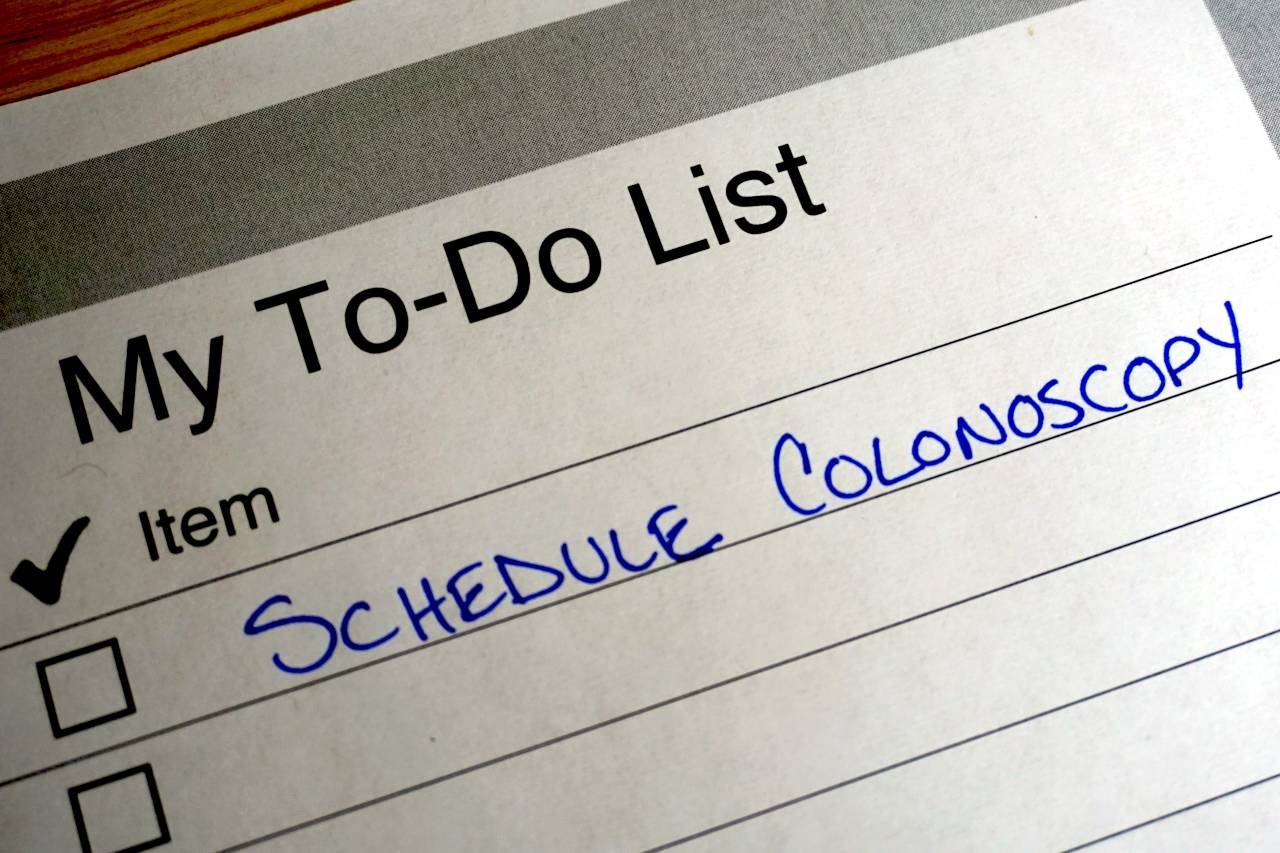
In Your 40s and 50s
Screenings become more comprehensive as you age, focusing on cancers more likely to develop in this stage of life.
- Breast Cancer: Women should begin mammograms at age 40, with yearly or biennial screenings based on individual risk factors.
- Colorectal Cancer: Starting at age 45, everyone should have a colonoscopy every 10 years or opt for other screening methods such as stool-based tests more frequently. You can also be your own detective by examining your stools and looking for any discoloration and observing any bowel changes.
- Prostate Cancer: Men should discuss prostate cancer screening with their doctor at age 50 or earlier if at higher risk. Options include a PSA blood test and a digital rectal exam.
- Lung Cancer: Those with a long history of smoking should consider annual low-dose CT scans starting at age 50, per CDC guidelines.
- Skin Cancer: Annual skin exams remain important, especially if you have risk factors.
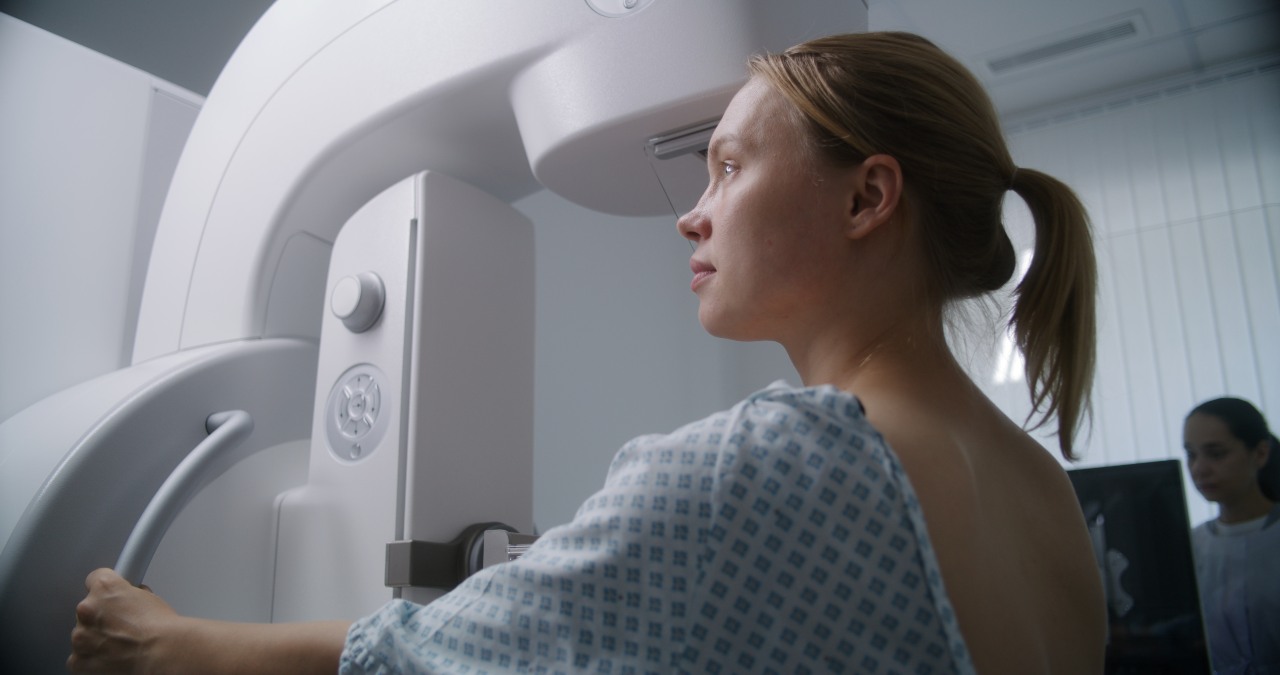
In Your 60s and Beyond
Regular cancer screenings remain important to catch any developing cancers early.
- Lung Cancer: Annual screenings may be needed up to age 80 for those with a history of smoking.
- Breast, Colorectal, and Prostate Cancer: Continue screenings based on doctor recommendations and personal risk factors.
- Ovarian and Pancreatic Cancer: Those with a family history or genetic predisposition may need additional screenings.
Partnering with Innova Primary Care
At Innova Primary Care, we believe in proactive, personalized care. We’ll help you understand which screenings are right for you based on your age, family history, and risk factors. Our team provides:
- Comprehensive Health Assessments: We evaluate your risk and tailor screenings to your needs.
- Reminders for Screenings: We’ll help you stay on track with regular check-ups. If you need referrals, we are here to provide those for you and connect you with any specialists you may need to see.
- Education and Support: We’ll answer your questions and explain the importance of each test. Here at Innova, we know you will have questions pertaining to your health, and we are here to take all the time necessary to help you understand why we are recommending any screenings.
Take Control of Your Health
Cancer screening saves lives. Don’t wait—talk to Innova Primary Care today to schedule your screenings and stay proactive about your health. Early detection can make all the difference.

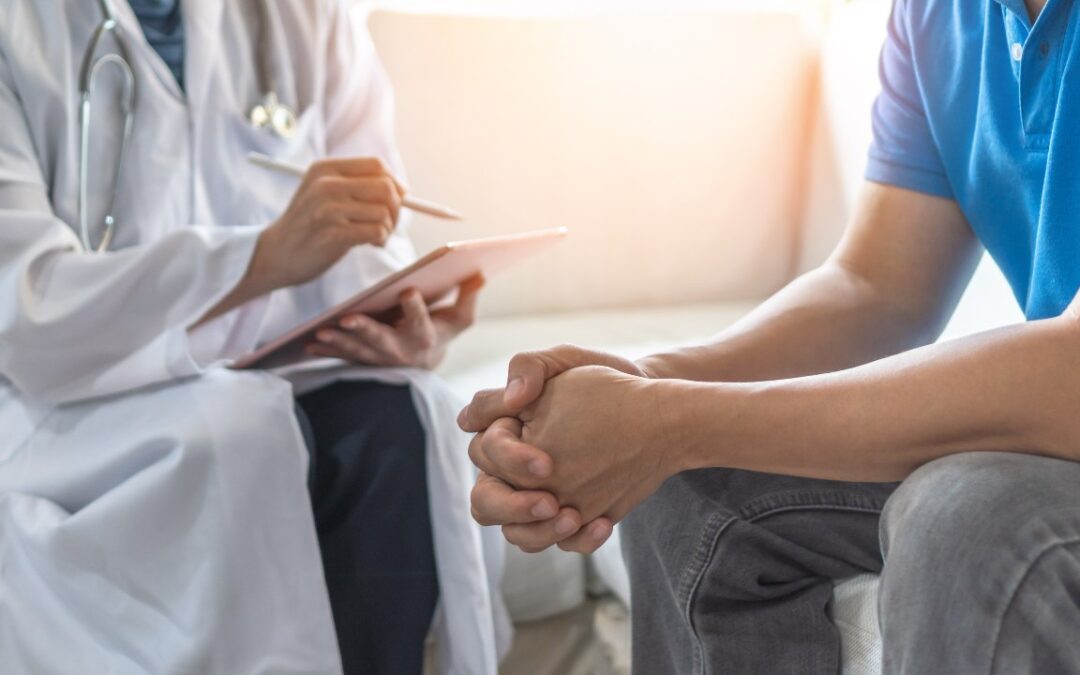

 About
About

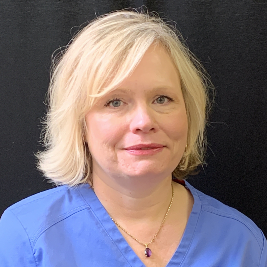 About
About About
About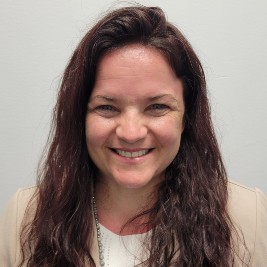 About
About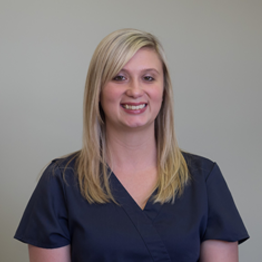
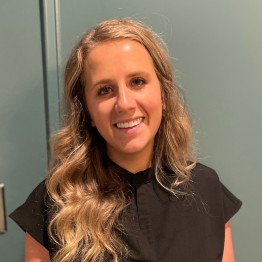 About
About About
About

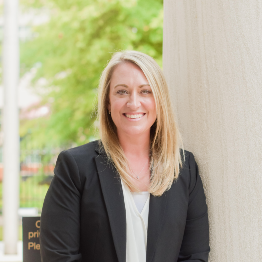 About
About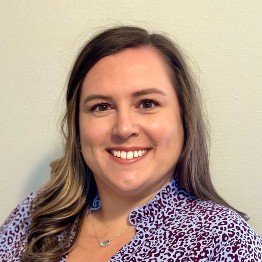 About
About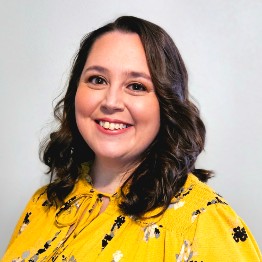 About
About About
About



